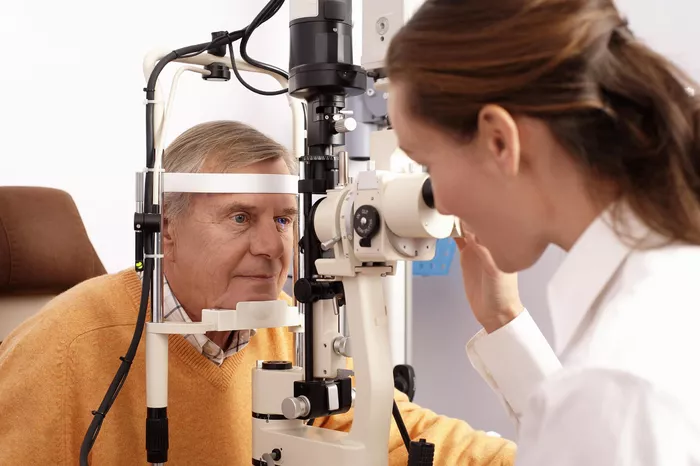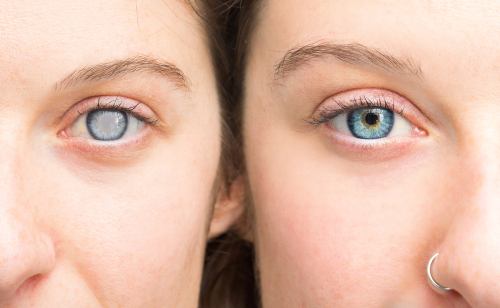Understanding Your Medicare Part B & Eye Exams
In a nutshell, original Medicare Part B does not extend coverage for routine eye exams, glasses or contact lenses. Let’s break this down.
A comprehensive or complete eye exam is performed in two parts: eye health & refraction.
- Part 1: Eye Health – this is the medical portion of the eye exam in which the health of your eyelids, eyelashes, the surface, the inside and the back of your eyes are examined. This part of the exam assess for signs of eye diseases (glaucoma, macular degeneration, retinopathy, dryeye, etc), cataracts & systematic diseases such as hypertension, diabetes, high cholesterol & heart disease just to name a few. If medically relevant, this portion of the eye exam is billed to your Medicare. Your deductible and co-insurance is applied to this portion of your visit.
-
Part 2: Refraction - this is the routine vision portion of the eye exam in which your vision (how you see) is checked. This test determines your prescription powers. This part of the eye exam is not covered by Medicare & you are responsible for the entire $30.00. Please note – you can choose not to have this part of the eye exam performed but without it, we are unable to determine how you are seeing, what powers you need to be able to see more clearly, and we will be unable to write you a prescription for glasses or contact lenses.
Medicare Part B only covers basic glasses directly following cataract surgery and only once per lifetime, glasses for routine vision are not covered.
Most Medicare Part C, also known as Medicare Advantage Plans, normally offer separate vision coverage that will help cover the cost of the refraction and oftentimes glasses. Currently our office does not accept Medicare Advantage Vision plans. Please call our office with any questions.


 Prevent Blindness America designated June as Cataract Awareness Month to bring attention to this d...
Prevent Blindness America designated June as Cataract Awareness Month to bring attention to this d...